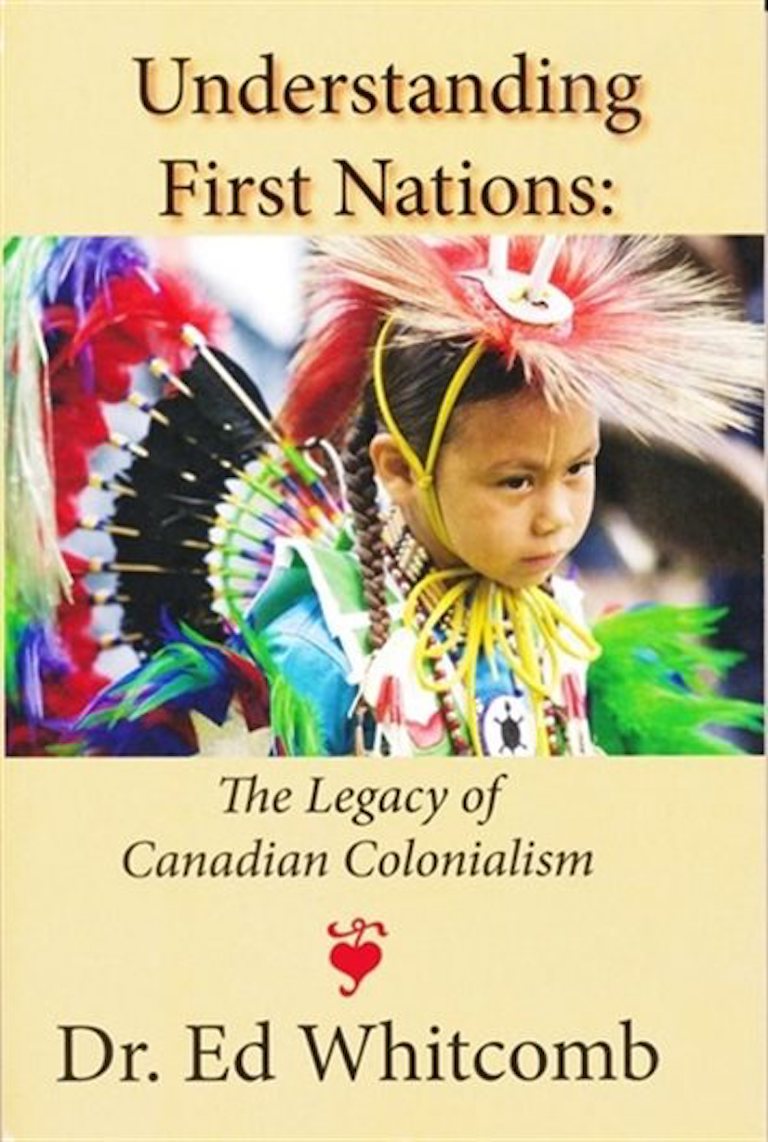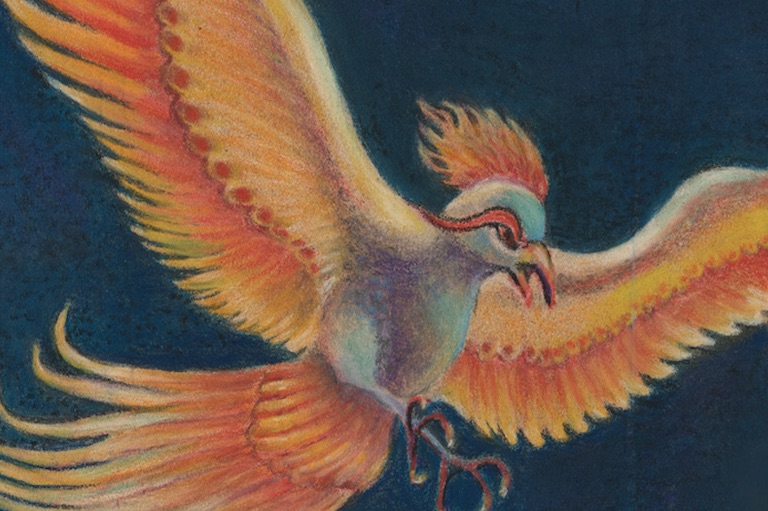Understanding First Nations

Understanding First Nations: The Legacy of Canadian Colonialism
by Ed Whitcomb
From Sea to Sea Books,
200 pages, $19.95
Any book titled Understanding First Nations has to acknowledge the elephant in the room, if its author is himself not Indigenous. And so, Ed Whitcomb — a white male historian, long-time public servant, and book publisher — addresses it head-on, saying in his introduction: “There is some concern about non-Indigenous historians writing Indigenous history, but in fact much excellent scholarship on these issues is produced by non-Indigenous scholars, and this book draws on all of it regardless of the ethnicity of the authors.”
Whitcomb also makes his intended readership clear — non-Indigenous Canadians — and where his sympathies lie: “Many Canadians think the crimes committed in the residential schools were the exceptions; it is now clear that they were the norm,” he writes. “Many Canadians think the injustices are in the past; they continue to this day from coast to coast to coast.”
Understanding First Nations was written as a history primer for people who wonder why Indigenous peoples feel so wronged by Canada; it’s also an indictment of the racism and mistreatment suffered by First Nations, Inuit, and Metis peoples both historically and into modern times. Chapters tackle topics such as Indigenous sovereignty, the Indian Act, land claims, and treaty relations.
Whitcomb speaks directly to non-Indigenous readers, explaining how society and governments have worked to exclude and to “other” Indigenous peoples. The book’s final chapter is titled “We Are All Treaty People; Where Do We Go From Here?” It’s a crucial question with no easy answers.
Understanding First Nations isn’t meant to be the final word on Indigenous issues. Rather, it’s an accessible text that brings the “rest of Canada” up to speed on a topic of crucial importance to us all.
Themes associated with this article
Advertisement




